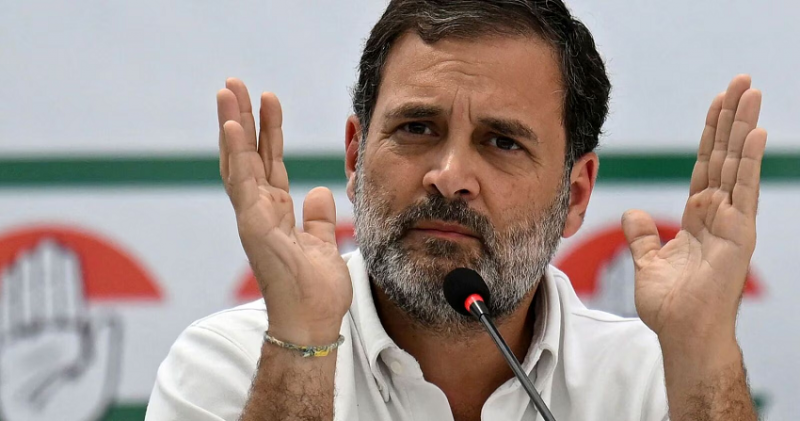
Contesting two seats in the Lok Sabha elections, a practice recently undertaken by Congress leader Rahul Gandhi, has brought attention to the legal provisions and historical precedents of this phenomenon in Indian politics.
Rahul Gandhi, after winning both Rae Bareli and Wayanad constituencies, has fourteen days to decide which seat to retain. This practice is not uncommon in Indian elections. In 1996, former Prime Minister Atal Bihari Vajpayee contested and won from both Lucknow and Gandhinagar, ultimately choosing to retain the Lucknow seat. Consequently, a by-election was necessitated in Gandhinagar.
According to Indian law, candidates are permitted to contest from two Lok Sabha constituencies simultaneously. However, if a candidate wins both constituencies, they must vacate one seat within fourteen days, leading to a by-election in the constituency that is vacated.
Apart from Rahul Gandhi, other prominent leaders have also contested from two seats in elections. Odisha Chief Minister Naveen Patnaik, for instance, contested from Kantabanji and Hinjili in the simultaneous assembly elections. He won the Hinjili seat but lost Kantabanji to BJP's Laxman Bag.
In 1999, former Congress president Sonia Gandhi contested from Bellary in Karnataka and Amethi in Uttar Pradesh. Similarly, in 2014, Prime Minister Narendra Modi contested from Gujarat's Vadodara and Uttar Pradesh's Varanasi. In both instances, they won both seats but chose to retain one, adhering to the guidelines of the Representation of the People Act, 1951.
The Representation of the People Act, 1951, allows candidates to contest from two seats but mandates that they vacate one if they win both. This provision has faced legal challenges. In 2023, advocate Ashwini Kumar Upadhyay filed a petition challenging Section 33(7) of the Act, arguing that it is unconstitutional. The petition called for measures to prevent candidates from running for the same office in more than one constituency simultaneously, emphasizing democratic principles of one person-one vote and one candidate-one constituency.
The practice of contesting two seats in elections is an intriguing aspect of Indian democracy, governed by legal norms aimed at ensuring fair representation and electoral integrity.
Elections Victory: How Nitish Kumar, Chandrababu Naidu Emerge Kingmakers
Narendra Modi and Allies to Strategize Today After Election Setback
Election Party-wise Round Up: BJP Secures 240 Seats, Congress Wins 99, and More